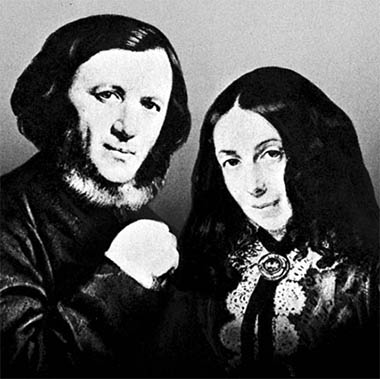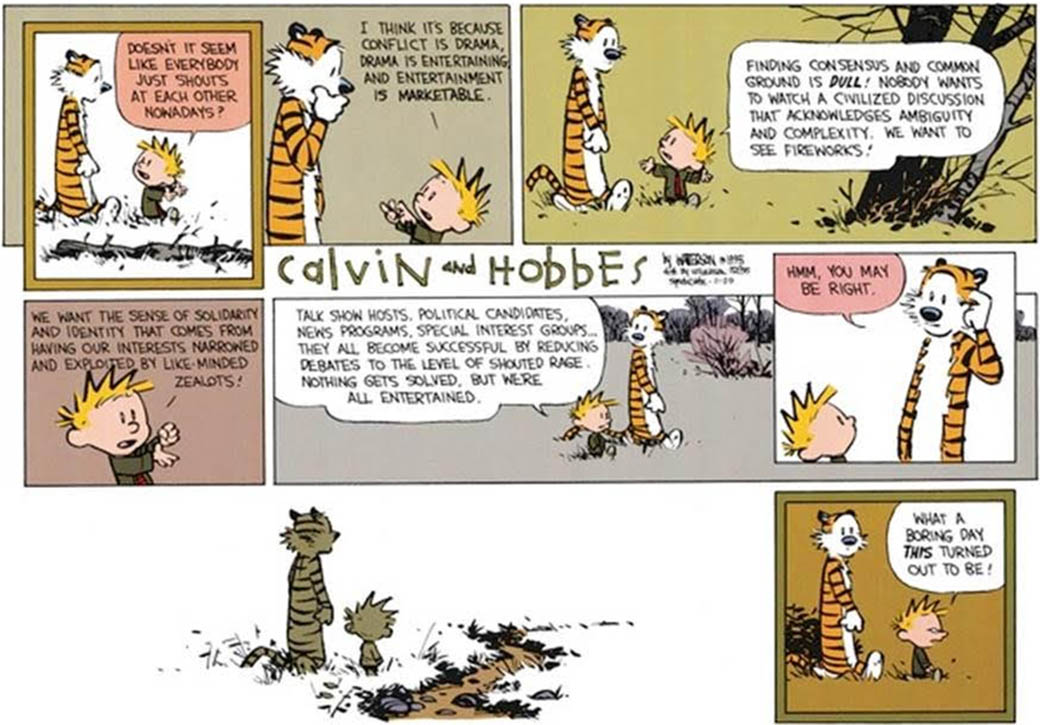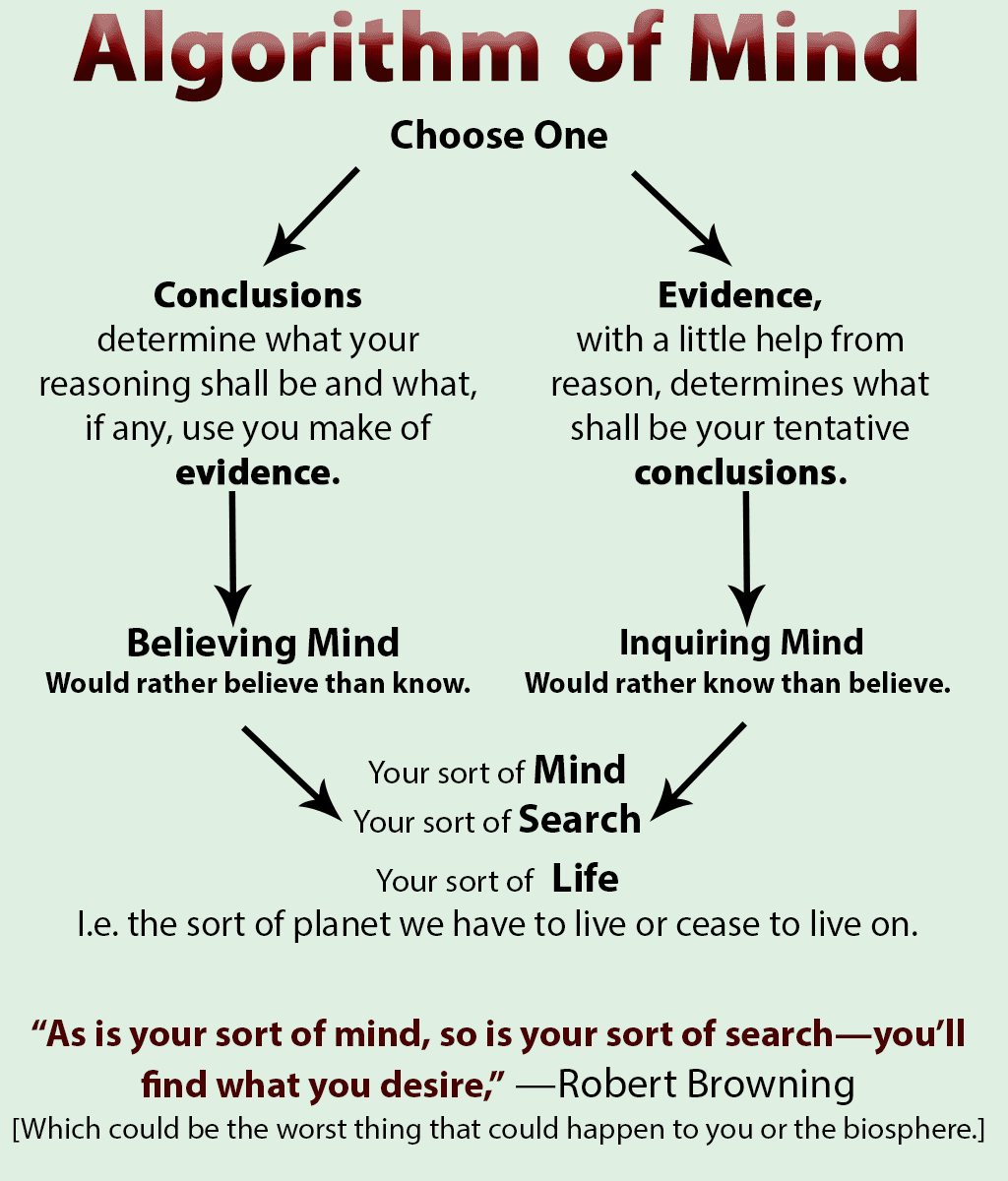
MONDAY, NOV 2, 2015: NOTE TO FILE

As is Your Sort of Mind
So is your sort of search
Eric Lee, A-SOCIATED PRESS
TOPICS: FOR AND AGAINST, FROM THE WIRES, MIND'S WORSE DISEASE
Abstract: As I include literature and science among my interests, some essays go light on the science.
TUCSON (A-P) — When Conrad's Kurtz intoned, "the horror, the horror," what was he thinking of? Perhaps the following offering:
“For evidence enough. ’Tis found,
No doubt: as is your sort of mind,
So is your sort of search—you’ll find
What you desire, and that’s to be
A Christian: what says History?”
― Robert Browning
And, no, the horror Kurtz was thinking of wasn't the horror of bad poetry.
For some, the horror of finding what you desire may not be obvious. That one's sort of mind determines your sort of search is not an extraordinary claim, so no need to go into that at length, but if you find what you desire, if one's inclination, preference, predilection, prejudice, bias, if what feels good or seems right is taken to be right, then comforting but delusional confirmation is the most you can hope to find. That this is a near universal fact of human life is potentially disconcerting. Peripheral differences may be tolerated, but normal humans align themselves, surround themselves so far as possible, with others who agree with them, at least about "things that matter" like politics and religion (and for some literature, sports, philosophy, food, values, norms, history, drugs....anything and everything deeply held).
The question arises, "Is there a sort of mind whose sort of search does not involve finding what it desires?" Browning, being a poet, may have not known of any and no such beasts may wander the cognosphere. He lived in a world of believing minds, most compelled, as he was, "to be a Christian," the sort of shared memetic world we inhabit, though compulsions vary over time and in location. Our sort of mind is mostly an accident of birth, "I see it too clearly: the care taken of our childhood forms our feelings, our habits, our beliefs. By the Ganges I would have been a slave of the false gods, a Christian in Paris, a Muslim here" (Voltaire), to which our "desires," our likes and dislikes may be added as a determiner of belief. It may be that tweaking Voltaire's point to read, "I see it too clearly, the abuse inflicted upon us in childhood forms our.....beliefs," without missing the point, but sharpening it. The end result is, well, "the horror" of true belief ― of the believing mind: the political mind, the religious mind, the consuming mind.
The believer's sort of search is a study in confirmation bias which varies from the obvious to the masked. The more adept fool even themselves. The most adept become fideists (e.g. Tertullian, Ockham, Pascal, Luther, Kierkegaard, James, Wittgenstein). The believing mind is incapable of believing what doesn't feel good, and what feels good must be believed ― evidence and reason be damned. Some second-rate believers try to make reason and evidence fit their conclusions, but true fideists are too first-rate to play that losing game. Third-rate believers just want to believe, do so, and don't bother to attempt apologetics.
I was still in my teens when I chanced upon Browning's note. I realized that most would regard finding what they desire as a good thing, something most devoutly to be wished for, what every consumer wants, the most one could hope for in life,..... But if what I found, being at the beginning of my search, was what I desire, then it would have nothing to do with truth or reality. I was aware of a pervasive sick-mindedness ("If you want the truth to stand clear before you, never be for or against. The struggle between ‘for’ and ‘against’ is the mind’s worst disease."). I had come to view an inability to find and face reality as the essence of sick-mindedness and to be numbered among the sick-minded was my greatest fear, my Room 101. The prospect of finding what I desired, therefore, was "the horror."
Alternative, I considered, was to find what did not depend on or have anything to do with what I had been conditioned to want or was genetically disposed to want. Some desires were not problematic, such as the desire for food, to eat when hungry, and preference for reasonably fresh instead of putrid, rotting food, though some foods and compulsions with respect to eating them (e.g. Cheetos, fat, Twinkies, corn syrup, Gummy Bears) are problematic. The problem of "for and against" was a thing of the mind which seemed better used as an instrument for finding things out, for forming concepts purporting to model that which was independent of my view of it (aka reality/truth/what-is).
Alternative to finding what you desire is to have no choice. If there is a choice, then it will be made in terms of "for and against" and "pick and choose." Is there a way of knowing, of finding things out, that does not involve choice? Plato tried the pure reason thing, as others have, but it leads only to endless dissension, to finding what you desire that someone else will not. Reason may be useful, but it is not sufficient. Something else is needed. Oh, what about the evidence thing? Plato, an early fideist, darling of Neoplatonic Christian apologists, explicitly rejected evidence as irrelevant, a mere aside that would not interest "true philosophers" (postmodernists?), and he was right and horribly wrong at the same time. Evidence favors no beliefs, convictions, certitudes, visions, it admits of no faith no matter how deeply held other than by accident, it just stubbornly persists in being what-is. So evidence is irrelevant to the believing mind, but true philosophers may be forced to embrace it.
Aristotle came to reject the teaching of the Master, he went increasingly empirical in his old age as did his intellectual heirs up to Pyrrho [first Skeptic: suspend judgment, confine oneself to phenomena as they appear, assert nothing definite as to how they really are], Epicurus [key figure in the development of science and scientific methodology because of his insistence that nothing should be believed, except that which was tested through direct observation and logical deduction], and Carneades [refuted all previous dogmatic beliefs; doubted the ability of the senses and of reason to know truth ― human limitations, however, are moderated by our imperfect ability to ascertain probabilities of truth, an ability that is good enough to enable us to live well and act correctly], With the murder of Hypatia by a mob, the Greek learning hit a brick wall.
Something of the Greek learning was revived, via the European Renaissance and Enlightenment (thanks to emigrant Byzantine Greco scholars escaping the Caliphate), and lives on in the science and scholarship that followed and yet exists within the narrow confines of the all subsuming popular-corporate-growth-belief-culture despite its corrupting influence. But if ISIS or ilk prevail, another dark age can be expected. Alternative would be to not marginalize learning, to stop teaching children what to think, feel, or how to live the "right" way. And, yes, doing so would mean the end of all ideological certitudes, political or religious, and that is why it should be considered. It may be a matter of survival, as in avoiding species extinction. Only a mind in a state of inquiry is capable of learning (as in 'higher' as distinct from 'common'). Embracing inquiry over belief would violate no known law of the universe and may be preferable to the current scheme of things.
Just because it has never been done outside of a few enclaves (like science) doesn't mean it can't be. Perhaps humanity just needs to await a teachable moment. The possibility of living the life of free inquiry is evidenced by those who are at least willing to attempt it and by all children who are born willing to engage in free inquiry. Humans are not born believers; they are made into them. Believers may always exist, as long as there are believing minds to inculcate young minds and such abuse is tolerated. But for a change in the scheme of things, for a brave new world order, true believers merely have to cease to be dominant, which is imaginable. Creating or joining another movement or faction won't help. You cannot join "the free, curious, and critical," but you can be free, curious, critical; you can be Federation which will self-organize if a tipping point is ever achieved.

There is Business-as-usual, and this is Discourse-as-usual, which includes that inner discourse we call thought. In the consumer society "entertainment" is marketable and everything offered in the marketplace of ideas, including politics and religion, is what feels good, interests, attracts, entertains.......sells.
To speak of a marketplace of ideas almost sounds like it's a good thing, something to be thankful for, to celebrate because it is not just a marketplace, but a free marketplace wherein one has the potential to sell any idea. That's why we value freedom of speech, why we are fortunate to have it. Anyone who can write a book and wants to, can. If it is unpublishable (judged unprofitable), anyone (who can upfront the money) can self-publish a book. But it just keeps getting better. Now anyone who can type can self-publish e-books, or can forgo any expectation of being paid for their typing by self-publishing online in a never ending blog. You don't even need to put up a free site. You can self-publish on your choice of millions of forums or comment offerings. And, yes, some comments are better than the book, article, blog post....
Say something that isn't marketable, no matter how critically important it is to know and act upon or how true it is, even if the survival of our species (not to mention the diversity of life on Earth) depends on our "getting it," and it will not be bought. You may as well be trying to sell a garbage bag half full of little bags of putrid pond water that smell bad and don't taste good. What sells in the marketplace of ideas is what we the people want to hear, to think about, and is a severe and potentially fatal limitation.  Going to Easter Island at the height of monument building when the island was covered with over 20,000 people celebrating their collective prosperity and asking them to consider the possibility that within a generation they could be eating each other would be an unsellable idea, literally unthinkable to almost all. Talking of "a planned prosperous descent" as a preferable alternative would sound like the starkest madness, unthinkable secondary to cognitive dissonance.
Going to Easter Island at the height of monument building when the island was covered with over 20,000 people celebrating their collective prosperity and asking them to consider the possibility that within a generation they could be eating each other would be an unsellable idea, literally unthinkable to almost all. Talking of "a planned prosperous descent" as a preferable alternative would sound like the starkest madness, unthinkable secondary to cognitive dissonance.
Try selling "limits to growth" or "exponential function" and eyes will roll or glaze over. You may as well be a homeless man who spends his days wandering, picking up dog shit and putting it in little brown paper bags. You take them to the farmers' market and put the bags on a table, but this gives the impression you are selling something. If asked how much you say, "I'm gifting it." If asked, "what is it?," you could say you are cleaning up the neighborhood and it was potential fertilizer, a resource you happened to have no use for that shouldn't go to waste, but no one would be able to figure out what you were getting out of it, what your angle was. Where's the profit?
So as not to confuse people, you just set up a table somewhere unassociated with any event. If you are not selling something anyone would want to buy, like maybe drugs, people wonder why. If someone did walk over and look in a bag, they'd not only not want a bag, they'd likely feel irritable and assume some attempt was being made to deceive them. Shouting might ensue.
Limits? Why would anyone believe in limits? Believing in progress, profit, getting high, and endless growth feels so much better. Why would anyone believe stupid shit or try to sell it? Why would anyone buy it?
A believer wouldn't buy; is incapable of buying what they don't want, what doesn't feel good. This is a cognitive deficit having consequences for species survival. Only an abeliever could consider that what-is may have nothing to do with what they want and go with the not-feel-good. They could do so only because they had no choice, because the power of evidence and reason, coupled with integrity, compels them. Try to sell "Illuminati" or "Agenda 21" and people will form a line. Those who fancy themselves well educated go for "fusion power too cheap to meter" or "solar PV" as a substitute for fossil fuel. Mention "prosperous way down" and you may as well sit behind a table covered in little brown bags.

SUBNOTE TO FILE 12/19/2023
And what makes your sort of mind? Memes are the units of information that form one's worldview, one's mindset, one's culture and form of civilization. And there are two, the matter-energy-systems worldview/understanding that is foundationally Naturcentric, and the belief-based way of humancentric pretend knowing to which modern humans, and their expansionist progenitors for over 50k years, have been hair to, products of, domesticants of belief-based worldview and technology their r-culture depends on and serve.
So, as is your sort of understanding, so is your sort of mind and search for short-term self interests. As rapacious takers, you'll find what you desire... for a time. If a remnant persists, they will repeat the pattern.
To every impasse, however, there is a way out. Understand that the expansionist r-culture dynamic is not remotely viable long term. Understand that renormalizing as K-strategists could, maybe, have a viable outcome, as only persisting long term is evidence of having renormalized. Understanding the dynamic of a form of civilization that selects for its failure to persist is the delivery from it and its r-culture. The condition of not understanding is the condition of non-deliverance. If not delivered, you do not understand (which involves a condition unknowing, of abelief for or against). Understand or pass away as a non-evolvable system/dissipative structure.
